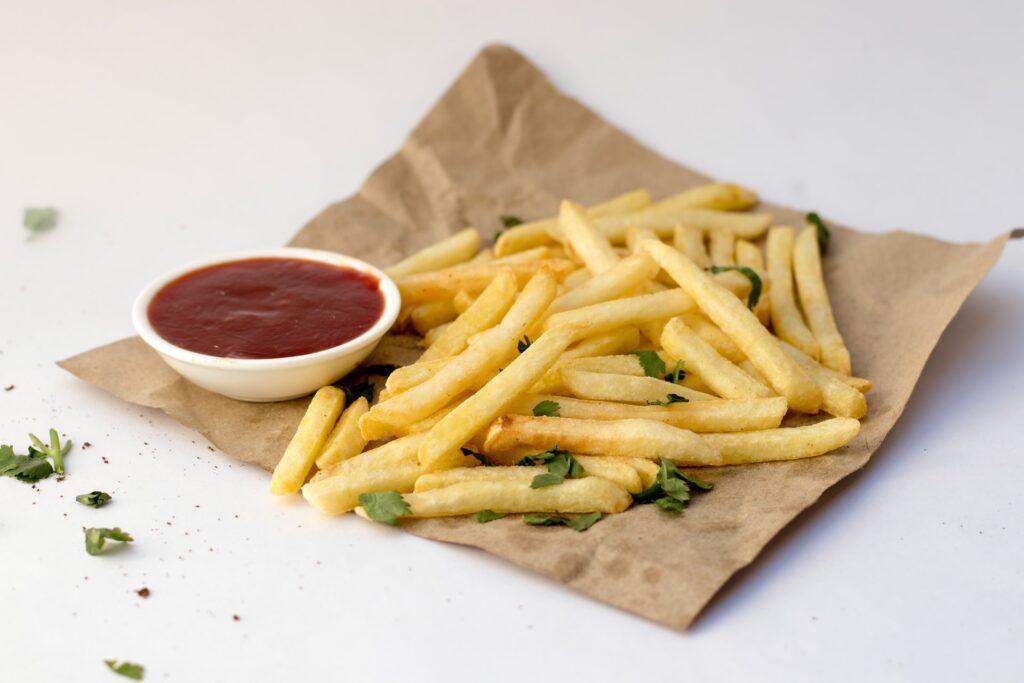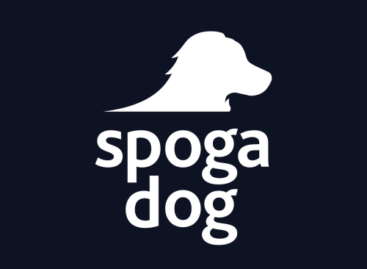Germany proposes junk-food advertising restrictions
Adverts aimed at under 14s for food and drinks containing “too much” sugar, salt or fat should be banned, ministers say.

Lawmakers in Germany have proposed tightening regulations on junk-food advertising “to protect children’s health”.
Adverts aimed at under 14s for food and drinks containing “too much” sugar, salt or fat should be banned, the Federal Ministry of Food and Agriculture (BMEL) said.
Suggestions include banning junk-food adverts between 6am and 11pm across social media, outdoor and television marketing.
Food and Agriculture Minister Cem Özdemir said the proposals have the backing of a “broad social alliance” which “emphatically demands comprehensive regulation”.
However, the German Food Association said it “sharply rejects” the government’s claims food companies are profiteering from “ruining children’s health”.
It criticised the definition of what would be banned, claiming it was unclear and could encompass 70% of food product adverts. It also argued there are “no reliable scientific studies on the effectiveness of advertising restrictions on overall nutrition and the development of childhood obesity”.
In 2021, Germany tightened guidelines on food advertising aimed at children, raising the target age of “protection” from 12 to 14. German states were responsible for implementing these rules. Ministers have since called for even stricter rules on several occasions.
In a press conference yesterday, Özdemir said voluntary commitments by the advertising industry have not made a significant enough impact.
The BMEL estimates children in Germany who use the media see 15 junk-food commercials a day on average.
The proposed ban would include adverts featuring children actors and packaging targeted towards children. It limits the placement of adverts within 100 metres of schools, on social media or on television adjacent to children’s or family programmes.
The types of food considered too unhealthy would be defined using the World Health Organisation’s nutrient profile model, which classifies processed and ultra-processed food and drinks.
Related news
ZEW: Economic expectations worsened in Germany and the euro area in February
🎧 Hallgasd a cikket: Lejátszás Szünet Folytatás Leállítás Nyelv: Auto…
Read more >Sodastream transforms into a full beverage brand
🎧 Hallgasd a cikket: Lejátszás Szünet Folytatás Leállítás Nyelv: Auto…
Read more >Related news
Nestlé to sell remaining ice-cream assets but commits to Froneri venture
🎧 Hallgasd a cikket: Lejátszás Szünet Folytatás Leállítás Nyelv: Auto…
Read more >Lidl guarantees fairer prices for cocoa farmers
🎧 Hallgasd a cikket: Lejátszás Szünet Folytatás Leállítás Nyelv: Auto…
Read more >40 secure jobs, sustainable solutions – new BURGER KING® in Csepel
🎧 Hallgasd a cikket: Lejátszás Szünet Folytatás Leállítás Nyelv: Auto…
Read more >







